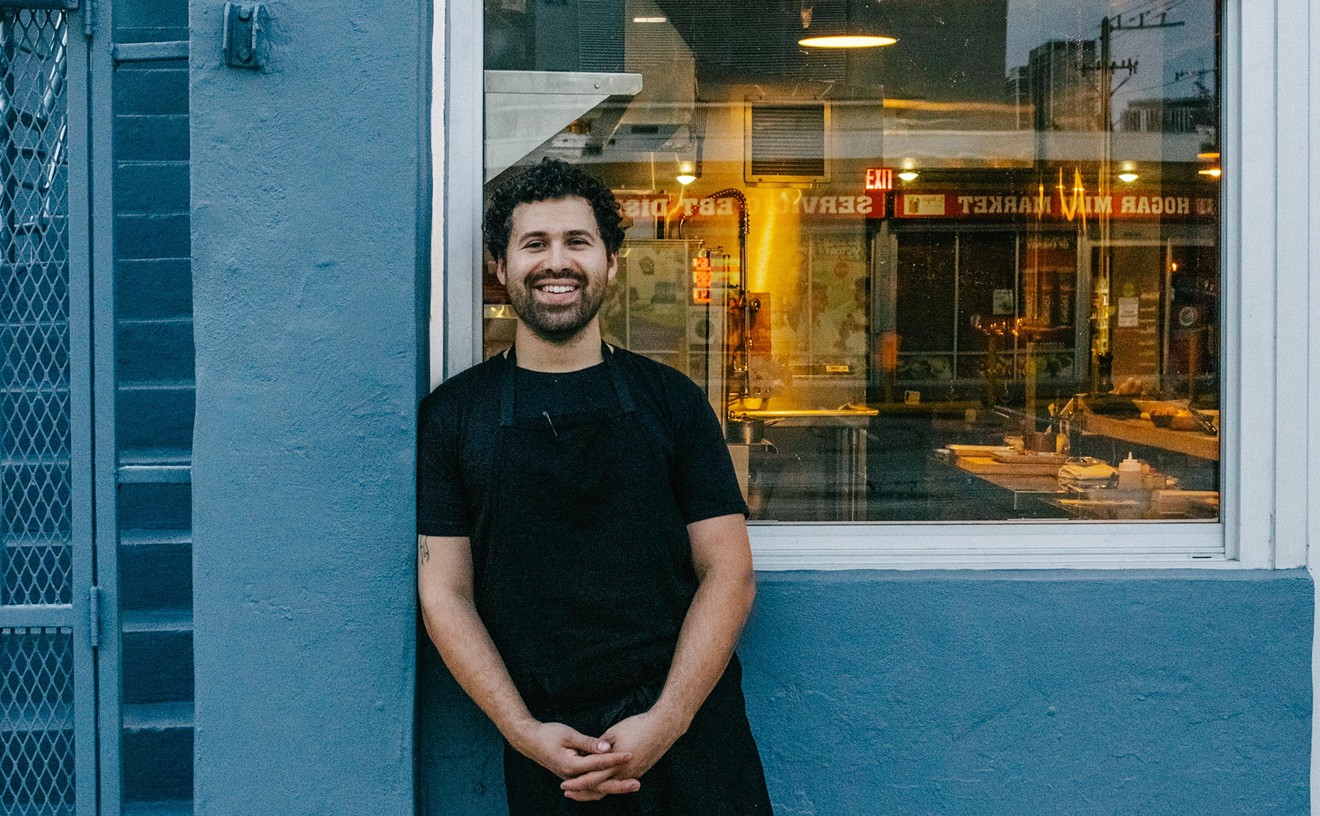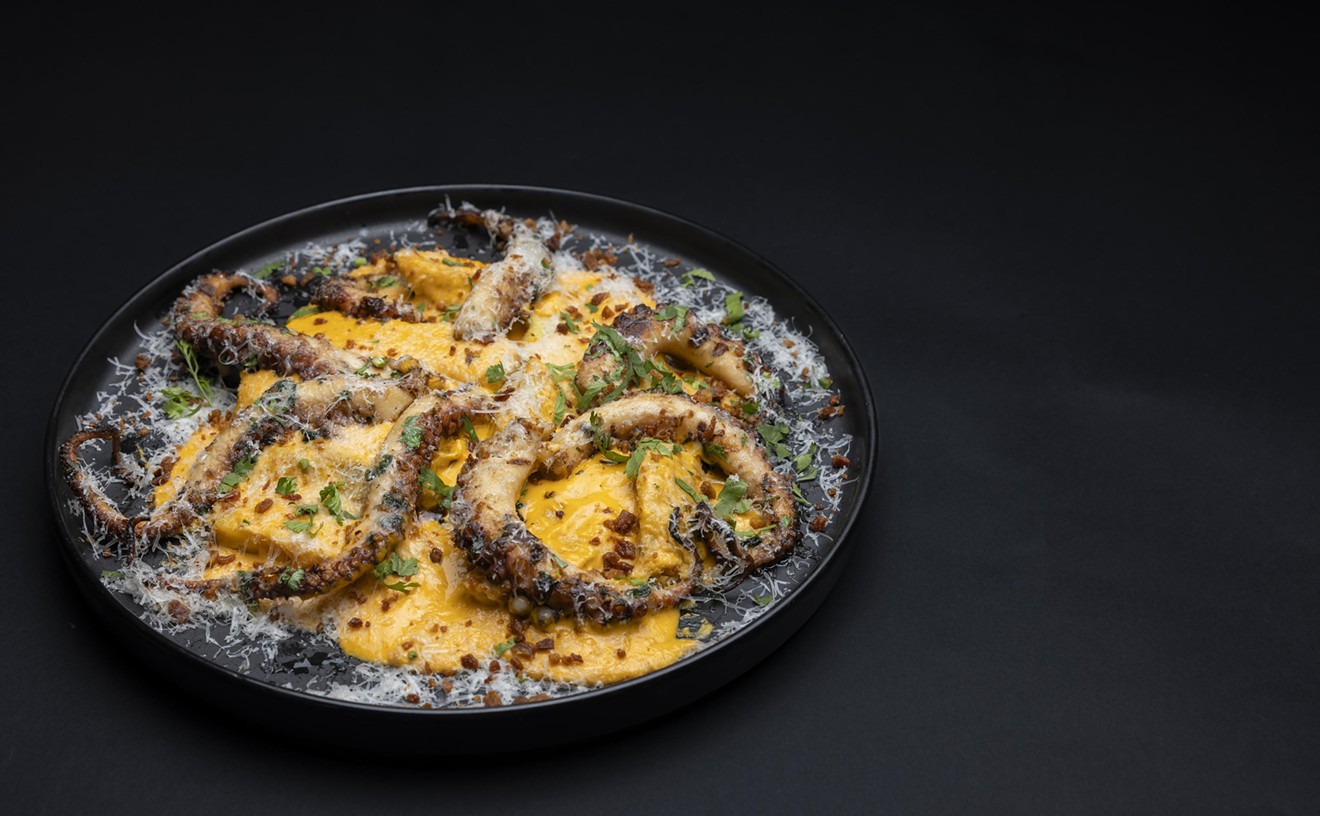Spam is the gold standard for food imperishability. The expiration date on cans says two years, but Phil Minerich, vice president of research at Hormel, claims they write that "to help the customer move it through. We don't want it to be sitting on the shelf for 12, 15 years."
The canned meat product actually lasts longer than that, but there is work being done by numerous and divergent groups -- from university food scientists to NASA to the U.S. Department of Defense -- to produce foods that last nearly as long. An article by Deborah Blum in Time magazine ("Food That Lasts Forever") explains and summarizes the advances in technology that can dramatically stretch the life span of comestibles.
NASA, for instance, has whipped up a bread pudding that can last four years. The Pentagon has created a pound cake that retains sponginess for five years. If nothing else, it's good to know that workers at these key agencies are eating well.
Naturally, the Johnson Space Center didn't want to be left out of this race to come up with immortal foods (in other words, the new fruitcake). The Habitability and Environmental Factors Division of the center tested shelf stability of heat-treated, or thermostabilized, foods. As reported in the December issue of the Journal of Food Science, various foods (three-bean salad, vegetable omelets, apricot cobbler, and so forth) were stored and tested at the Johnson Space Center over a three-year period. Projections based on the study found that pork chops could last "nearly seven years," salmon and tuna "close to eight years." But it was the U.S. military that came up with the "indestructible" sandwich.
More specifically, the U.S. Department of Defense Combat Feeding Directorate, in 2002, concocted this sandwich -- the need for long-lasting troop rations (MREs, or meals ready to eat) are a driving force behind these new preservation technologies. This "supersandwich" contains pepperoni or barbecued chicken and is made to last three to five years at room temperature. Glycerol and sorbitol -- water-absorbing ingredients -- are used, as are fine and edible polymer films. Packets of "oxygen-scavenging chemicals" are placed in the outer wrapping, and heat-resistant polypropylene and metal foil form the formidable packaging.
One of these new technologies is HPP, or high-pressure processing. As Blum explains, the old sterilization method required a half-hour at 250 degrees Fahrenheit; with HPP, the food gets sealed in plastic and subjected to "87,000 pounds of pressure per sq. in., effectively killing any bacteria" -- and keeping the food's inherent flavors tasting much fresher. Hormel's Natural Choice line uses this technique rather than chemical preservatives. Tuna in vacuum-packed pouches likewise takes advantage of new methods; it has the same shelf life as canned tuna (two and a half years) but tastes fresher.
The implications spread beyond more reliable rations for troops, astronauts, and victims of natural disasters. A longer shelf life means more affordable fare for lower-income people and for much lower-income people -- the article notes that 30 to 70 percent of food in developing countries is lost to rot and decay. With an ever-increasing global population, the need for new preservation methods becomes hugely important in feeding the world. Otherwise, these poor people might have to subsist solely on Spam.
Follow Short Order on Facebook and Twitter @Short_Order.










